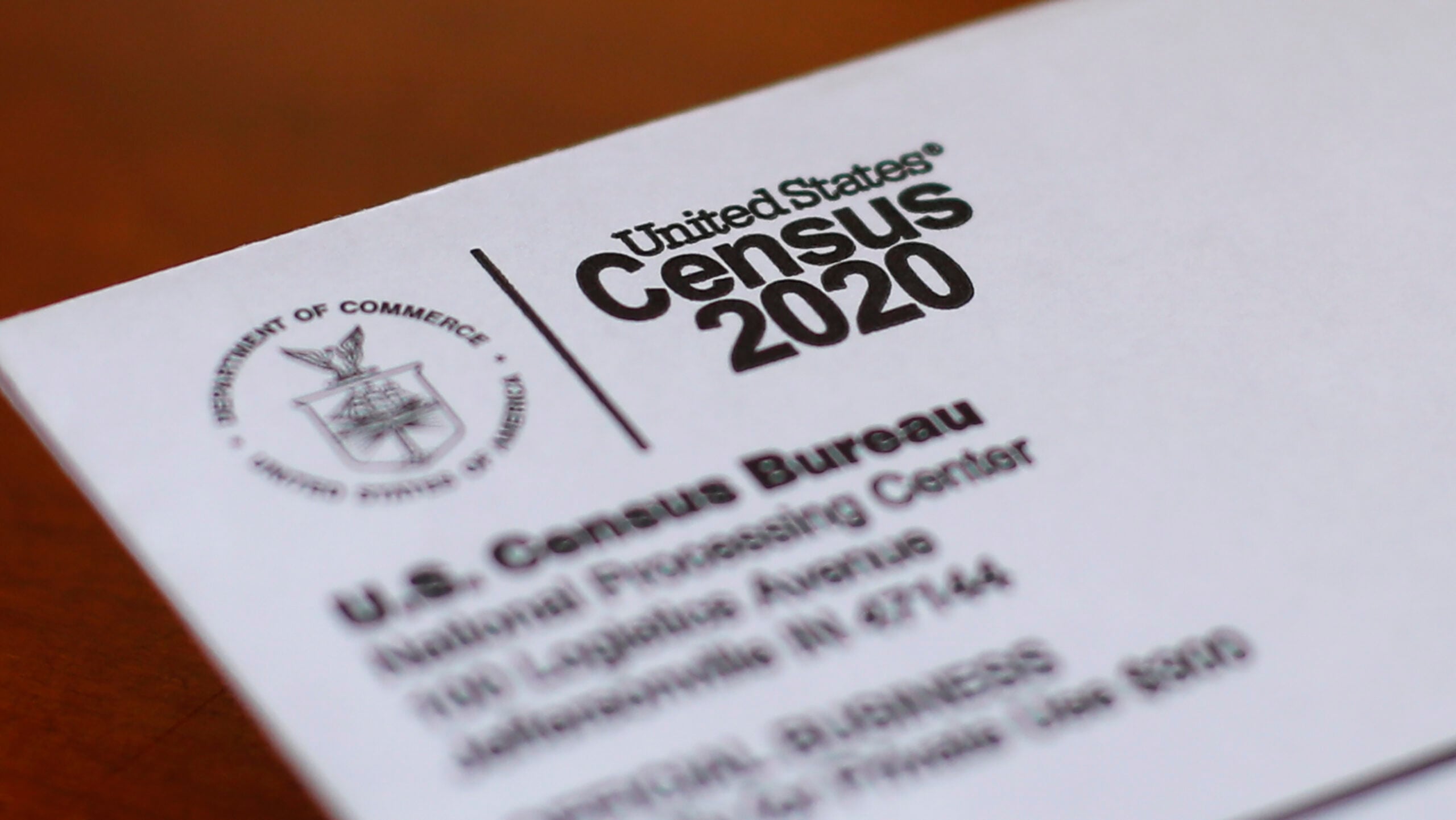As Census Bureau Goes Over Collected Data, Georgia Researchers Hope For An Accurate Count

For Georgians who didn’t fill out the census or answer when a door knocker came by, the bureau fills out that information through records from the IRS or Social Security. But those records may not tell the complete story.
Paul Sancya / Associated Press
As the Census Bureau double-checks the data it collected this year for the 2020 count, researchers in Georgia hope that it’s as accurate as possible.
For Georgians who didn’t fill out the census or answer when a door knocker came by, the bureau fills out that information through records from the IRS or Social Security. But even those records may not tell the complete story.
“They may not be as available for when we think about low-income populations or immigrant populations,” says Amy Spring, a demographer at Georgia State University.
Among the topics she studies is racial segregation at the neighborhood level. She relies on the census for accurate data.
“For example, the census systematically undercounts people of color. And I am studying racial segregation. I might conclude that it’s improving when, in fact, there’s a whole host of people missing from the numbers.”
The census also determines how much money state and local governments get for federal programs such as rental assistance, small business loans and unemployment insurance. The census determines $1.5 trillion per year in federal spending.
Census numbers have also been used for COVID-19 relief to state and local governments.
The city of Atlanta, for example, received $88 million in direct funding to respond to the pandemic. It was able to get that money directly because it met the population threshold of 500,000 people.
In fiscal year 2017, Georgia received more than $40 billion in funding for programs such as PELL Grants, SNAP and rental assistance, according to a study by George Washington University. The largest share of that funding in the state went to Medicare and Medicaid.
Challenges to an accurate count for the 2020 census include the bureau suspending operations during the pandemic, people moving during the COVID-19 crisis and a shortened timeline to collect responses.








